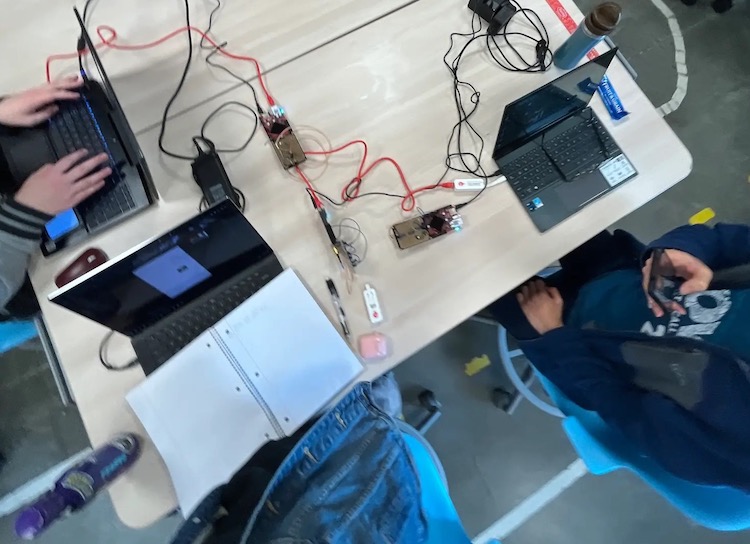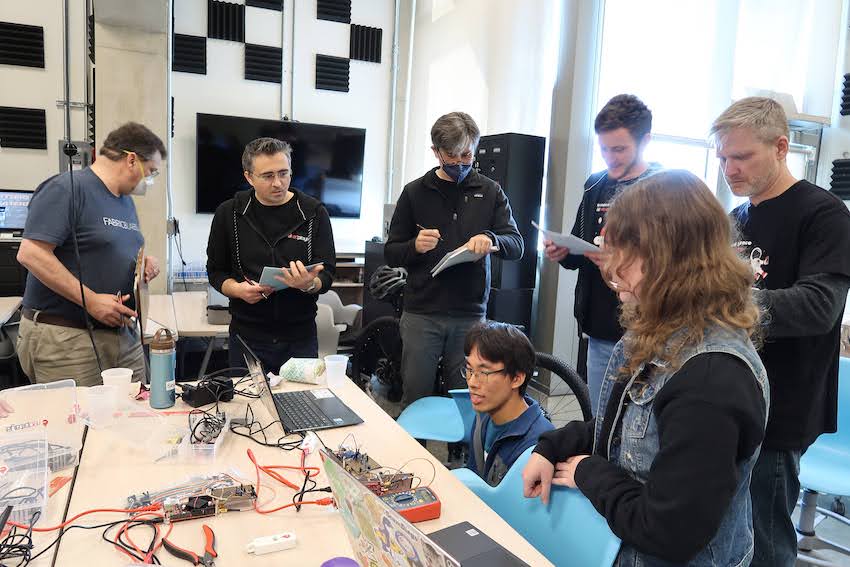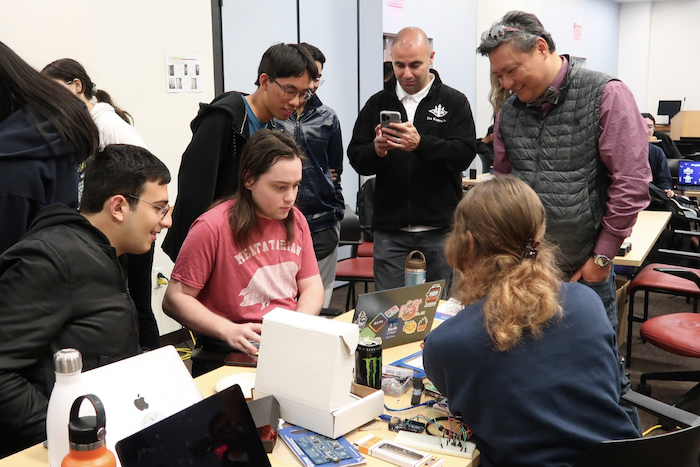Situationally Adaptive Language Tutor (SALT)

Building on the work of REVIS
and the error analysis study I performed over summer 2023, I designed a logging system that utilizes
VS Code's telemetry API
to gather minimally invasive data on IDE interactions and compiler errors made by Rust programmers using the extension and participating in the study. My lab is currently working on discovering which
programming decisions (and mistakes) correlate to learning progress in the Rust programming language!
Github Repo
VS Code Marketplace Link
Rust Compiler Error Analysis

What are the most frequent and costly errors for programmers to fix, and how can we design tools to make debugging them more efficient?
I analyzed 10,957 Rust diagnostic messages recorded from students and categorized them into 1916 distinct resolution sessions to analyze error frequency and average time taken to resolve.
As a result, I found that ownership errors, while less frequent, took longer on average to fix.
UCSD Summer Research Conference Slides
HATRA 2023 Paper
Privacy Perspectives in VR

To understand how VR users and gamers view personal privacy, I surveyed 40 participants to find out which circumstances meet or do not meet their privacy expectations.
I discovered that greatest concern lies in how biometric data and third party data is handled, and those that use these platforms more frequently have significantly lower privacy expectations than those who do only occasionally.
JSOE Undergrad Research Symposium Poster
WIPS 2023 Paper







